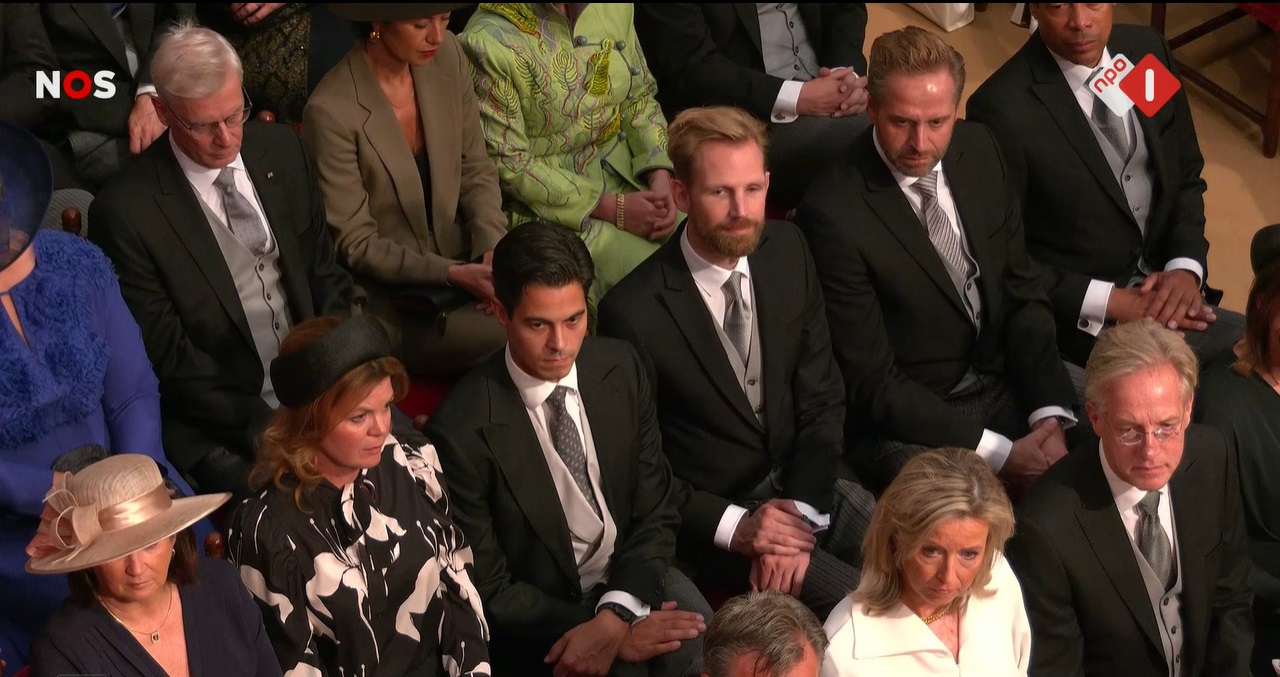On Prinsjesdag (budget day), the Dutch government flogged millions of euros to maintain spending power. What will students notice? The measures in a row.
A few of the Dutch ministers at the 'troonrede' 2022. (Photo: screenshot NOS)
- The health care allowance will increase by 35 euros to 154 euros per month. That makes a difference of 420 euros per year.
- The rent allowance will rise by 17 euros per month and social housing becomes on average 57 euros cheaper for low-income tenants.
- The minimum wage will go up by 10 percent. For a 21-year-old, it will increase from 81 euros per day to 89 euros per day. This makes a difference for students with a side job. Income tax will also be slightly reduced.
- From September 2023, Dutch students and some European students in Dutch higher education will receive a basic grant again: 110 euros per month if they still live with their parents and 274 euros if they live away from home. Students under the current loan system will receive an allowance of 359 euros per ‘missed’ year of basic grant after graduation.
- As of September 2023, students living away from home will receive 165 euros on top of this new basic grant. If they do not graduate within ten years, they have to pay it back. Delayed students (for example, fifth-year students of a four-year college bachelor’s degree) won’t receive the money either.
- Students still don’t receive an energy allowance of 1,300 euros from the government, despite a Nijmegen student winning a lawsuit about the matter this summer. However, the municipalities do get 35 million euros together for exceptional cases. Less than 27 thousand of the 409 thousand students living away from home could receive ‘individual special assistance’ of 1,300 euros.
- There are also municipalities that do give students the energy allowance, like Delft. Read more about the terms and the criticism here.
HOP, Bas Belleman
HOP
Hoger Onderwijs Persbureau
Do you have a question or comment about this article?
redactie@hogeronderwijspersbureau.nl


Comments are closed.